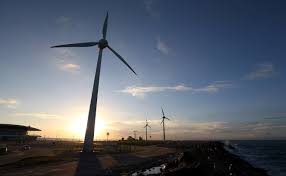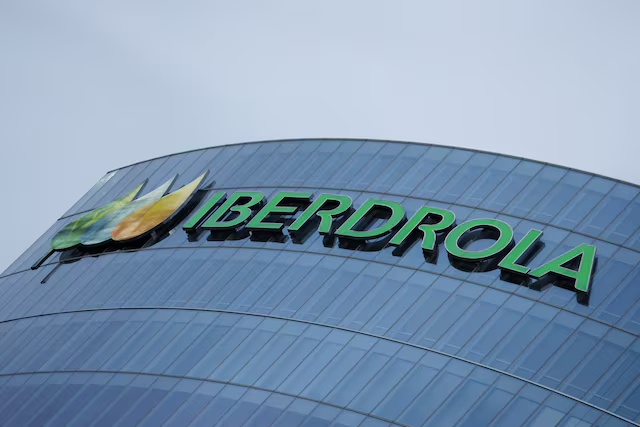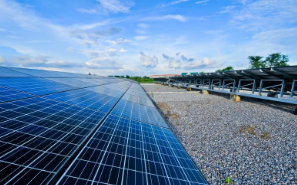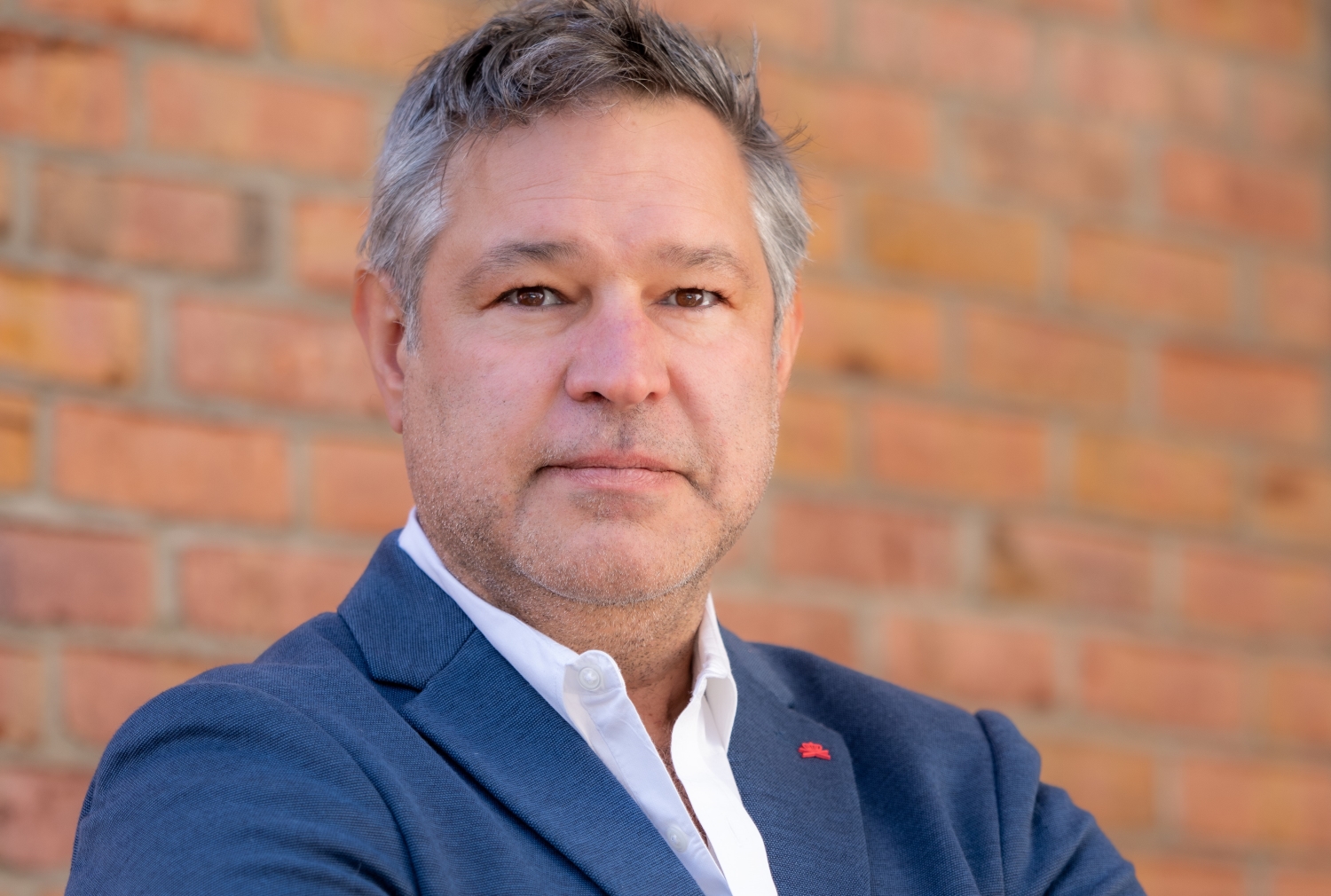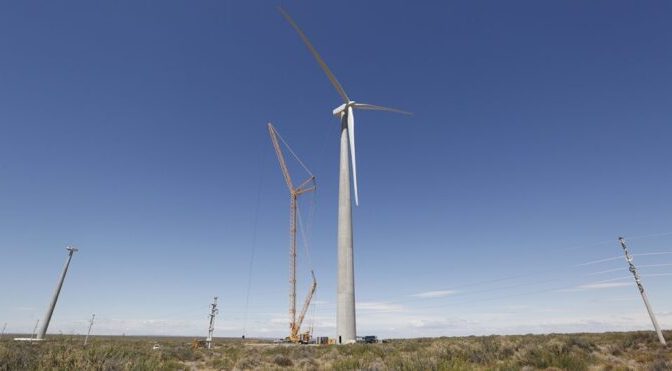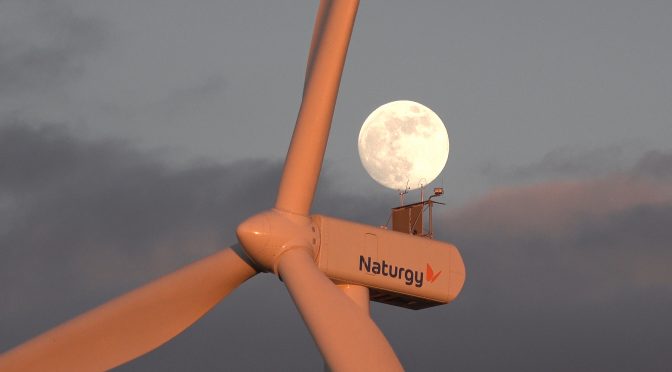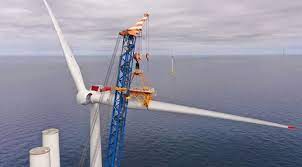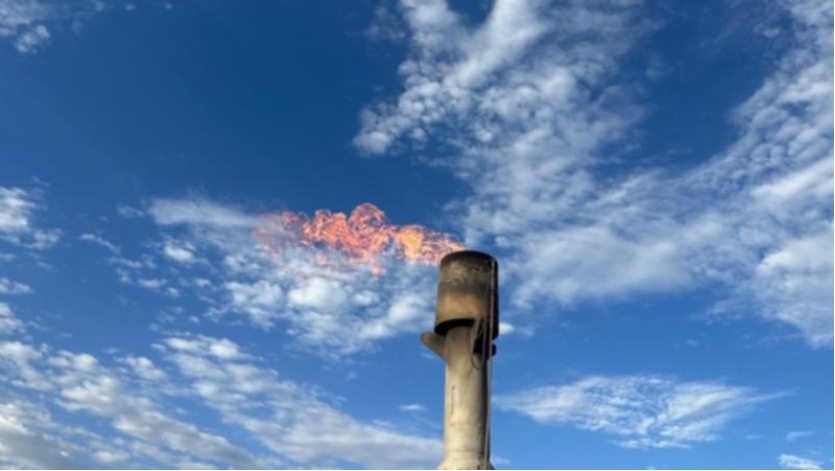
The company’s three pilot wells – Lucky Fox-1, 2 and 3 – produced a total of 200,400 standard cubic feet (mscf) of gas in December, up 50 per cent from November’s 130.5mscf and 335 per cent on October’s 60.1mscf.
Management says pumps in the wells operated 99 per cent of the time during December as the company completed “winterisation” of the surface facilities to mitigate the risk of downtime during the Mongolian winter. The project area has a forecast top today of -6 degrees Celsius.
Gas production rates have been modest, maxing out at about 13mscf per day in November and December. But the company says the rates are not yet indictive of final anticipated flows and likely represent a low-side estimate of total volumes.
December’s gas production was inversely mirrored by water volumes, which are gradually declining, suggesting the coal reservoirs are unsegregated and have good connectivity and permeability. The average volume of produced water during December was 488 barrels per day, down from November’s average of 496 barrels per day.
The water is in high demand in the arid climate and is being put to good use by nearby local coal miners.
The company assumed full ownership of the 8400-square-kilometre Gurvantes XXXV project last year by issuing 1.092 billion fully-paid shares and 546 million listed options to Talon Energy to claim the remaining 33 per cent interest in the project. TMK received a cool $750,000 in cash as part of that deal.
The Gurvantes XXXV project is tapping into a huge coal seam gas accumulation – the biggest in Mongolia and independently estimated to contain a best-estimate (2C) contingent resource of 1.2 trillion cubic feet (TCF).
The three wells are pumping down the reservoir pressure to cause the migration of gas molecules from the formation pore space, a process known as desorption, into the wellbore and up to the surface where they are measured as gas flow. TMK says the gas rates seen to date are typical of the world’s successful coal seam gas projects during the initial desorption period.
Natural gas, which is predominantly methane, is generated during the formation of coals and the molecules adsorb to the surfaces of pores and fractures as reservoir pressure increases with burial depth. Following drilling, pumps reduce the reservoir pore pressure below the desorption pressure, causing the methane to become free gas.
Production at TMK Energy’s flagship Mongolian coal seam gas pilot project, Gurvantes XXXV, flourished through to the end of 2023, with the company recording its highest gas volume to date in December.
The company’s three pilot wells – Lucky Fox-1, 2 and 3 – produced a total of 200,400 standard cubic feet (mscf) of gas in December, up 50 per cent from November’s 130.5mscf and 335 per cent on October’s 60.1mscf.
Management says pumps in the wells operated 99 per cent of the time during December as the company completed “winterisation” of the surface facilities to mitigate the risk of downtime during the Mongolian winter. The project area has a forecast top today of -6 degrees Celsius.
Gas production rates have been modest, maxing out at about 13mscf per day in November and December. But the company says the rates are not yet indictive of final anticipated flows and likely represent a low-side estimate of total volumes.
December’s gas production was inversely mirrored by water volumes, which are gradually declining, suggesting the coal reservoirs are unsegregated and have good connectivity and permeability. The average volume of produced water during December was 488 barrels per day, down from November’s average of 496 barrels per day.
The water is in high demand in the arid climate and is being put to good use by nearby local coal miners.
We rounded out 2023 recording another strong performance from the pilot production wells which continue to meet expectations. With gas production increasing by approximately 50% from November and the continued good water rates, which are a positive indication of sufficient permeability, we remain confident that the Gurvantes XXXV Project can deliver value for our now significantly expanded shareholder base as the Project matures.
TMK Energy chief executive officer Brendan Stats.The company assumed full ownership of the 8400-square-kilometre Gurvantes XXXV project last year by issuing 1.092 billion fully-paid shares and 546 million listed options to Talon Energy to claim the remaining 33 per cent interest in the project. TMK received a cool $750,000 in cash as part of that deal.
The Gurvantes XXXV project is tapping into a huge coal seam gas accumulation – the biggest in Mongolia and independently estimated to contain a best-estimate (2C) contingent resource of 1.2 trillion cubic feet (TCF).
The three wells are pumping down the reservoir pressure to cause the migration of gas molecules from the formation pore space, a process known as desorption, into the wellbore and up to the surface where they are measured as gas flow. TMK says the gas rates seen to date are typical of the world’s successful coal seam gas projects during the initial desorption period.
Natural gas, which is predominantly methane, is generated during the formation of coals and the molecules adsorb to the surfaces of pores and fractures as reservoir pressure increases with burial depth. Following drilling, pumps reduce the reservoir pore pressure below the desorption pressure, causing the methane to become free gas.
Coal seams are typically water saturated and must be de-watered for efficient gas production and that is what the Gurvantes field is demonstrating ahead of what could potentially be an increase in gas flow rates.
TMK is sitting on a huge gas resource in a geopolitically advantageous position at its expansive project, which sits just 300km north of the main Chinese east-west gas pipeline – representing a significant offtake opportunity.
China is reliant upon Russian gas through the 4000km-long Power of Siberia pipeline that is expected to reach capacity next year. But Gurvantes is beginning to turn heads with its pilot program and TMK says it plans to drill more pilot wells at the field, while simultaneously exploring for more gas to top up its portfolio.

